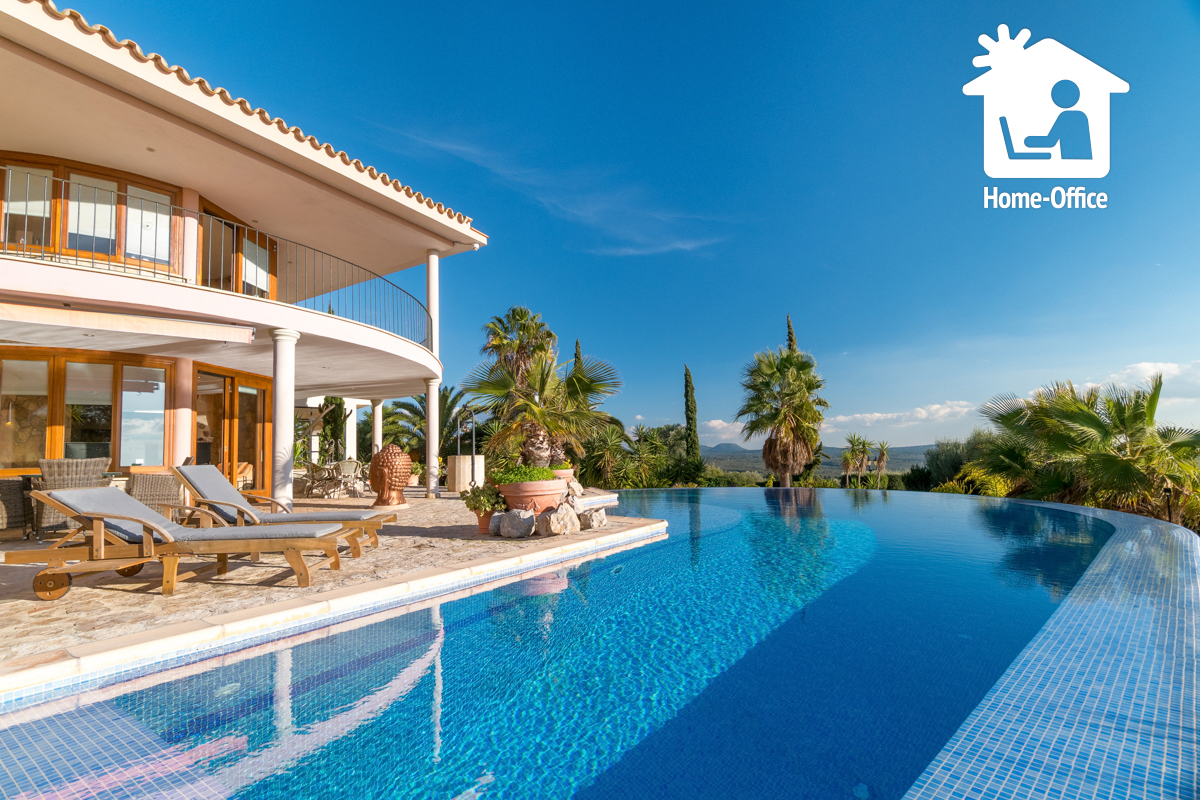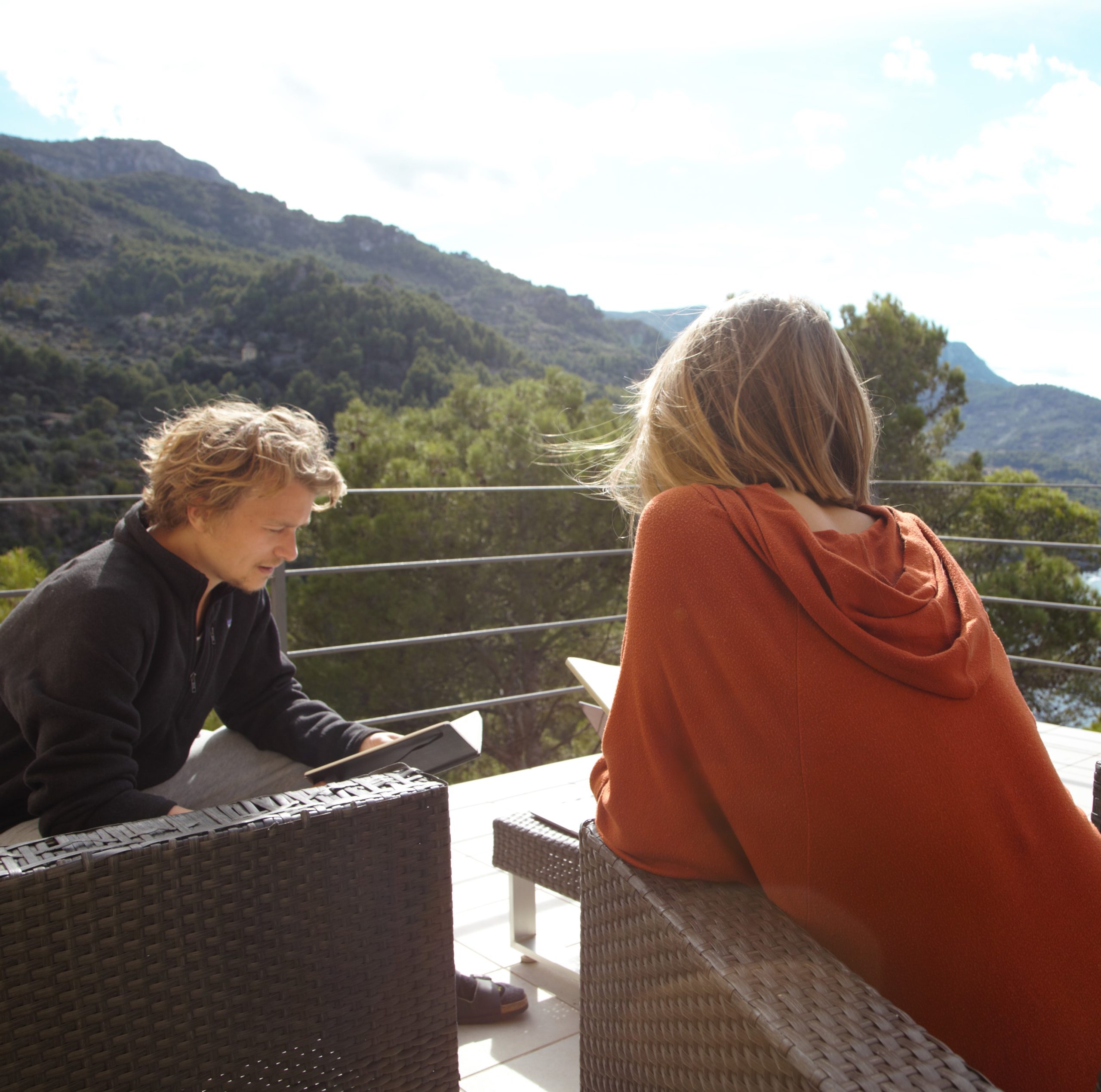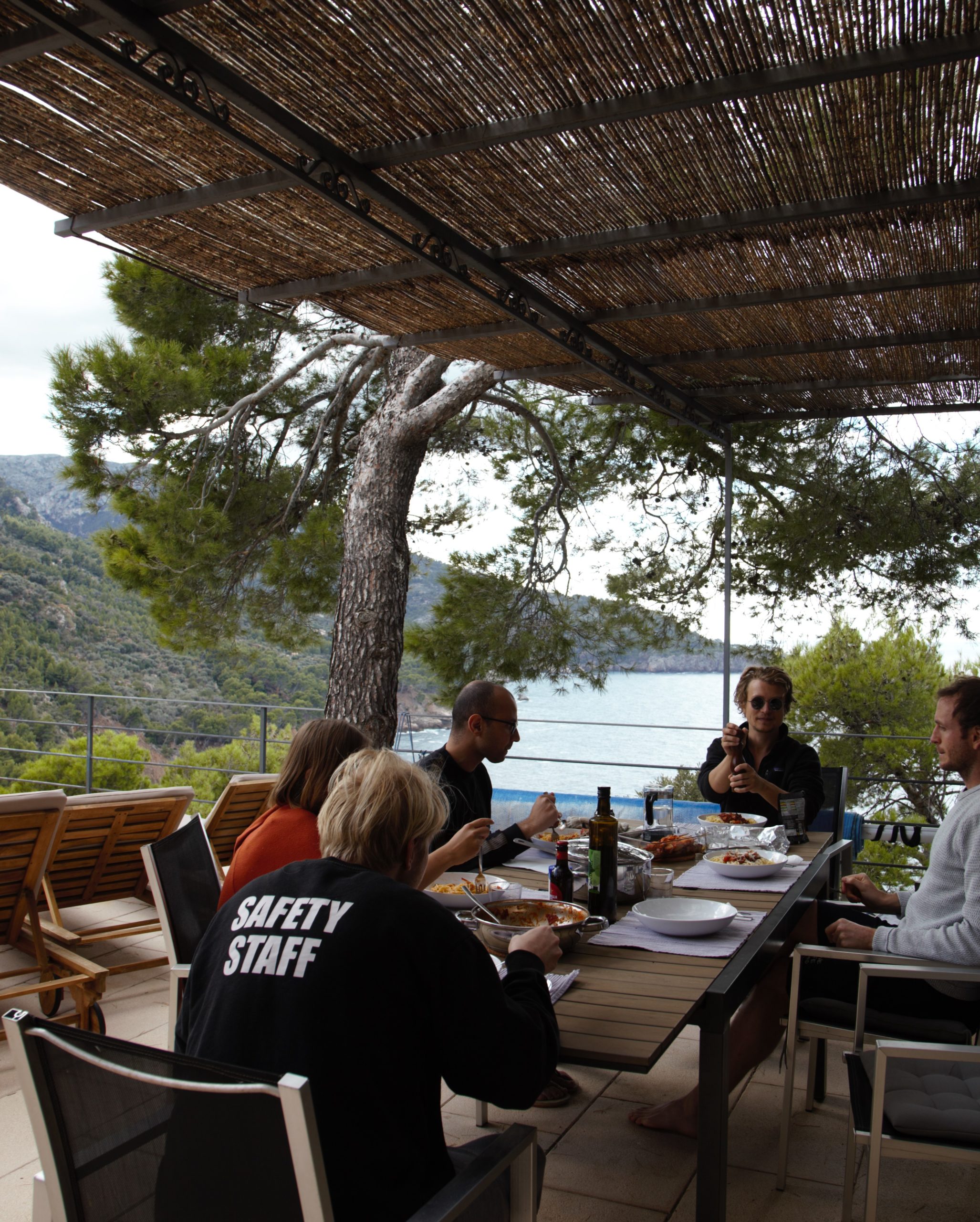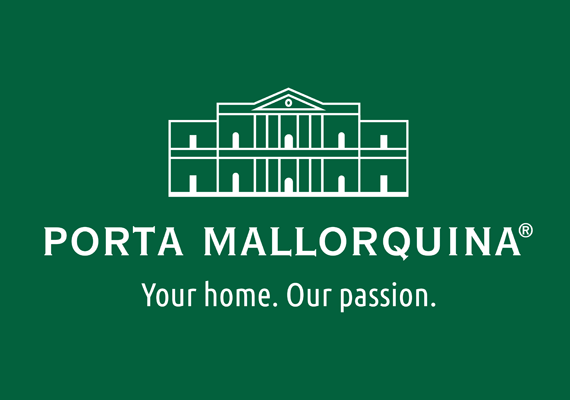… but look out for the tax implications. If your main and/or fiscal domicile is in Spain, all your assets must be declared for taxation there.
Stefanie Claudia Müller
Many consider it cynical that executives enjoy the sun in times of pandemic, while their own employees in Berlin, London or Paris fear for their jobs every day and nurses, sales staff and teachers are in danger every day from infection through direct contact. The Balearic Islands, however, were a popular location for digital nomads even before the Coronavirus. These are the people whose companies travel with them or who, being programmers, journalists or mathematicians, can work almost anywhere.
Sabine Christiansen is probably one of the few Germans who openly admitted in an interview in the summer of 2020 that she spent part of the pandemic on Mallorca. The reason for this was partly because the German presenter thought the island was safer at the time:
“We live here in a secluded location in the countryside”.
She also appreciates the Balearic government’s efficient management of the crisis and the discipline of Spanish people in wearing masks.
Contents
Beware of the 183-day rule
Many international executives have similar feelings about Spain, but can not always openly admit that they do their highly-paid managerial job at the swimming pool of their holiday home on the island. This is partly due to the envy factor mentioned above, but partly also for tax reasons. The danger that their main centre of life could be interpreted by the Spanish tax authorities as no longer being in Germany, Switzerland or Austria, etc, but is in fact in Spain, is undesirable for many employees also from a social security point of view.
For many cosmopolitan and wealthy foreigners living in Mallorca it would be very detrimental to have to pay tax on their total assets in Spain. This is true for Germans, but even more so for the Swiss.
“Because of this, many try to excuse their long stay on the island last year with the reason that they could not go back due to the Spanish lockdown. Extreme caution is, however, advisable as the Madrid tax authorities have already announced that they will closely examine this point during future audits,”
warns Willi Plattes, a tax advisor who lives in Mallorca and is head of Euroaccounting. Paying taxes in Spain, however, is not interesting for many Germans, for one reason because here, in contrast to Germany, a wealth tax can be credited whilst the Spanish tax authorities offer far fewer tax-saving models than at home.

Homeoffice in Mallorca
The crux of the matter is the ‘main centre of life.
Please take care: If your children go to school on the island, this can be interpreted to mean that the 183 days are exceeded and that your main centre of life is in Mallorca. This means that, according to the double taxation agreement, taxation must take place entirely in Spain unless the “Lex Beckham” rule is applied. This allows taxation only on the income and the assets gained in Spain in the case of temporary stays in the country. This regulation, named after a British footballer, was intended to attract wealth into the country but is only applicable if an employment contract with a Spanish company exists.
Plattes reported in a conference on the topic that the Spanish tax authorities are currently very committed to uncovering foreign tricksters and have access to many different information sources, such as banks and schools:
“Artificial intelligence is also used in the inspections,”
he warns. This also worries the German entrepreneur Matthias Meindel, who has a house on Mallorca and has recently also acquired a hotel. His main home, however, is in Leipzig where he spends most of his time working as a real estate consultant: “Clearly, because of the hotel I have to frequently visit the island”. Although his main centre of life is still in Germany Meindel’s case is representative of many who were also frequently obliged to stay longer on Mallorca last year due to quarantine regulations. Should this be the case Plattes advises that everything connected with this be well documented when submitting tax returns or for a possible tax inspection: “Beware, trickery is being severely punished”.
Talk to your employer beforehand
In all cases employees should always consult with their superiors in Germany if they want to work from a home-office in their rented apartment or house in Mallorca, whether during the pandemic or otherwise. Should there be any doubt they should also get approval in writing.
“The companies themselves, however, are responsible should penalties be incurred from the German health insurance companies or the tax authorities,”
explains international tax specialist Norbert Neu. To avoid nasty surprises those companies who have employees working from a home-office should, therefore, check that they really are based most of the time in their country of employment and not in a villa in Mallorca. Despite the potential tax pitfalls, however, the trend towards home-offices by the sea is increasing. The Canary Islands, the Costa del Sol and the Balearic Islands are at the top of the popularity rankings.
Due to the enormous drop in rental prices of holiday-home properties last year, as owners could not visit the island due to the complicated travel requirements, the German start-up company Glassdollar even temporarily left its normal location in Berlin to establish itself in Mallorca for several months. Founder Fabian Dudek enthuses about the fact that he can go straight from his finca in Deià to the sea without wearing a mask, making the whole pandemic situation much more bearable.The hotel chain Riu, which has its home in Mallorca and currently only has the “Festival” hotel open there, also does business with guests who rent hotel rooms in order to work from them. Many hotels already offer this option for long-term rentals in order to at least generate some income in these difficult times.

Fabian Dudek in Homeoffice with views to the sea. Picture source: Dudek with his Team in Mallorca. Picture Source: Stefanie Claudia Müller
2021 will remain the year of holiday rentals, making working from a home-office even more popular
While hotels will continue to have a hard time attracting tourists to the island and many will not fully reopen until the summer, long-term rentals are currently functioning well in Mallorca as reported by the Spanish real estate portal Idealista. While hotels will continue to struggle to attract tourists to the island and many will not completely reopen until the summer, long-term rentals are currently working well in Mallorca as reported by Spanish real estate portal Idealista. Real estate company Inèdit Barcelona is seeing the start of a boom in apartment-sharing in general, with “coworking” and “coliving” merging seamlessly together in some cases as many workers need only an internet connection and a computer in order to work. Inèdit Barcelona believes that, in the short term, around 25 per cent of traditional holiday rentals could turn into these kinds of long-term rentals.
Those who have dreamed for a long time of managing their business from their swimming pool currently have a variety of cheap options on Mallorca at their disposal. Home-owners are more than happy to take long-term tenants when faced with current restrictions instead of leaving their properties, normally intended for touristic rentals, empty. In the medium and low price rental segments discounts can also be found. “Our house normally costs 50,000 euros a month to rent, we got it for a tenth of the price,” says Dudek from Glassdollar in ‘Business Insider’. Such houses are particularly attractive for start-up companies that work flexibly and want to offer their employees something to compensate for their lower salaries. Tax expert Neu,however,warns that it should be clarified in advance whether all turnover must be declared for taxation in Spain, which could cause the business to make a loss: “In such cases the deciding factor is whether the company is permanently established on the island or somewhere else”.

Dudek with his Team in Mallorca. Picture Source: Stefanie Claudia Müller
New business model: start-up house
Even before the pandemic, Mallorca was a popular place for business exiles and digital nomads of all kinds. Some, like the Munich photographer John-Patrick Morarescu or the lawyer Tim Wirth completely settled on the island and founded their own businesses there. The trend is, however, growing as technological possibilities allow connections anywhere in the world. Not everyone commands a manager salary though – some are paid up to 1500 euros a month and can not afford to rent a flat in or around Palma. For this reason there are companies who have orientated themselves on models like the Silicon Valley-based service provider “Startup Embassy”. They turned necessity into opportunity and themselves rented buildings and fincas on Mallorca, and offer young entrepreneurs from all over the world a short- to medium-term home there similar to the well-known artists’ residences. The “Sunshine Embassy”, for example, was created according to this model and uses an application process to select people from all over the world to rent their house. At the moment, however, the “community” as they call themselves is closed due to the critical pandemic situation in Spain.
The owners of these new business models are mostly French, Germans, Americans or Britons who at some point fell in love with Mallorca themselves and, therefore, looked for a source of income in order to be on the island more often or even to move their centre of life there completely, regardless of tax aspects. This is also how “Palma Coliving” came into being where the concept is more about the social aspects, meeting new people, and the exchange with people from all over the world. Many of the tenants, however, are also digital nomads.
“This concept is definitely very interesting for the Balearic Islands, where so many people have recently slipped into poverty because of the great dependence on tourism. We need new business models and establishing the island as a long-term meeting and exchange place for digital nomads is a very good idea in this context,”
Wirth believes.
